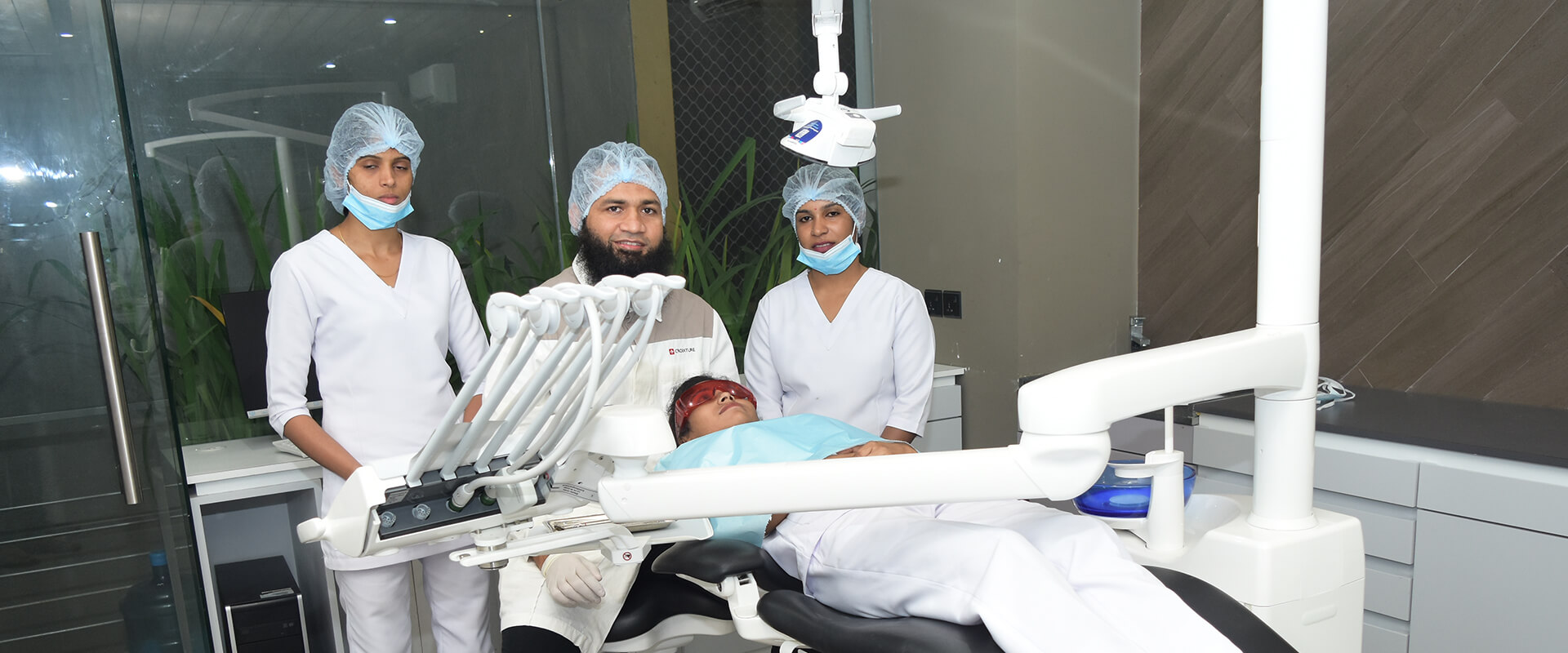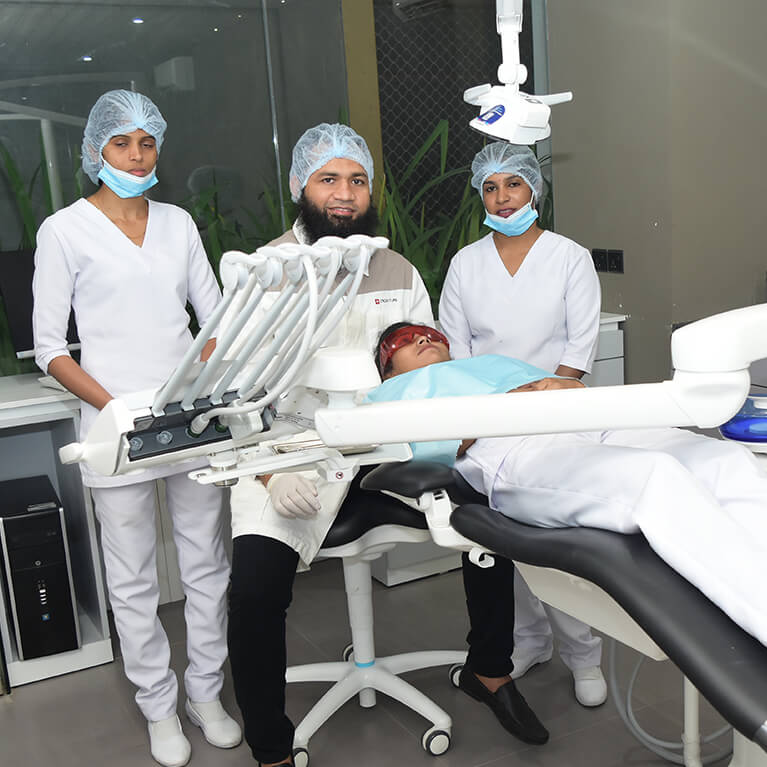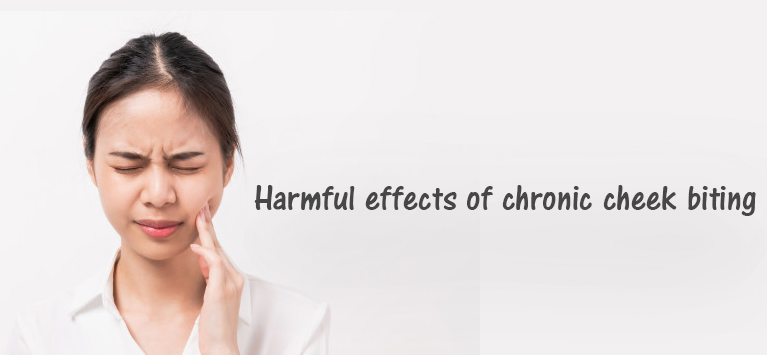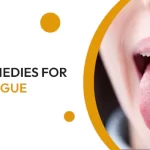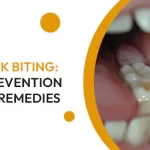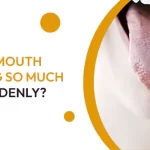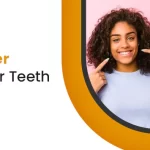People bite their cheeks for many reasons, maybe because of mental health conditions or minor accidents.
Chewing carelessly or talking while consuming foods can often result in cheek biting accidentally and cause inflammation or injury in the area of the bite.
Regular cheek biting that occurs accidentally must need to be discussed with a dentist. Misaligned teeth or dental implants is also a problem of cheek biting symptoms.
Some people bite their cheek during the night. This is a critical problem that requires proper medical attention.
This type of disorder is called body-focused repetitive disorders. Some of the other problems which are related to this disorder are nail-biting, lip biting, and hair-pulling.
Causes
Research says it may occur due to genetic factors. On the other hand, further research is going on to find a particular gene that plays a role in body-focused repetitive behavior disorder. If the research is successful, it will be easy to diagnose and treat these problems in the future.
Some of the other factors that include emotions, environmental factors, and stress.
Cheek biting types:
Periodic accidental cheek biting
If you accidentally bite your cheek occasionally it causes canker sores, it is not a big problem.
Regular accidental cheek biting
If the accidental bite occurs regularly, your teeth may be improperly aligned or maybe some problem with your jaw. You must seek dentist advice, and he may suggest dental braces.
Cheek biting while sleeping
If you bite your cheek while sleeping, your dentist may prefer a soft guard to avoid direct contact of teeth with the cheek.
Habitual cheek biting
This is a semiconscious activity and can be replaced with some other less damaging behavior.
BFRD(Body-focused repetitive disorder)
This is excessive biting of the cheek, which goes on even after efforts to prevent.
Complications
Biting cheek repeatedly causes the area of bite to become scarred, paler, and thick than the tissues around them. The affected areas may get inflamed sometimes with purple spots.
Irregular cheek lining makes the person’s desire to biting continuously in the spot to create a smooth surface.
Some severe cases of cheeks may be found with eroded tissue.
Some people stop participating in social activities to avoid others who observe their behaviors. This creates shyness, less self-esteem, and makes them feel ashamed of themselves.
How to stop?
Regular cheek biting needs dentists’ advice to check whether the implants are properly fixed or teeth are aligned properly. A mouthguard will be prescribed by the dentist if necessary or to wait until the tissue gets completely healed.
-Some simple techniques which worked fine for some peoples include:
-Sugarless chewing gum to replace cheek biting.
-Taking an immediate deep breath when the thought of biting cheek arises.
-Finding how you get this habit and replacing it with alternative solutions.
-Other therapies include
-CBT – Cognitive behavioral therapy
-Commitment and acceptance therapy
-Habit reversal training
-Reducing stress levels
-Hypnosis
-Meditation
-DBT – Dialectical behavioral therapy
-Comprehensive behavioral treatment
-Medications
Once you identify the consequences of cheek bite, you can know how to effectively address the behavior, whether you are visiting a dentist, seeing a psychologist, or starting a self-directed plan.





